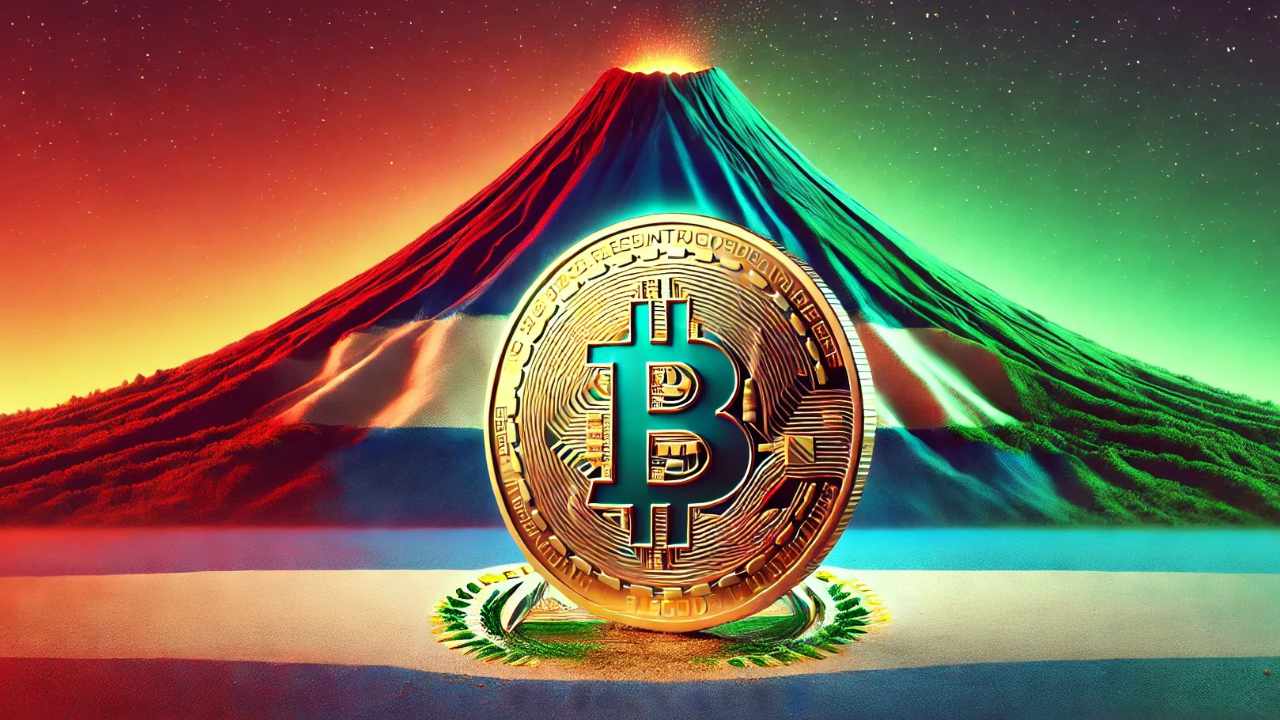The International Monetary Fund (IMF) has once again raised concerns about El Salvador’s Bitcoin strategy, urging the nation to revise its cryptocurrency law and enhance regulatory oversight. This advice comes as part of a broader effort to stabilize El Salvador’s financial landscape, as the country’s embrace of Bitcoin continues to stir debate among global financial institutions.
In ongoing talks with El Salvador’s government, the IMF has pushed for a more cautious approach to the digital currency, advising the country to limit the public sector’s exposure to Bitcoin and focus on strengthening its economic reforms. These conversations are crucial as El Salvador navigates the challenges of integrating Bitcoin into its financial system without jeopardizing its stability.
IMF Sounds Alarm on Bitcoin’s Role in El Salvador’s Economy
During a press briefing, IMF spokesperson Julie Kozack highlighted the risks associated with El Salvador’s Bitcoin adoption, calling for stricter regulation and more targeted use of the cryptocurrency within the nation’s financial framework. Kozack emphasized the need for the country to narrow the scope of its Bitcoin law, which allows Bitcoin to function as legal tender alongside the U.S. dollar.
“We’ve recommended a narrowing of the Bitcoin law’s scope, a strengthening of regulatory frameworks, and a limitation of the public sector’s exposure to Bitcoin,” said Kozack. “It’s essential that these measures are implemented to protect the financial stability of the country.”
Kozack also praised El Salvador’s proposed 2025 budget as a positive development but emphasized the need for strong implementation to prevent economic disruptions. The IMF’s primary goal is to support reforms that align with global financial standards while mitigating the risks posed by Bitcoin’s volatility.
Bitcoin as a Cornerstone of El Salvador’s Financial Vision
Since El Salvador became the first country in the world to adopt Bitcoin as legal tender in 2021, the cryptocurrency has become a key part of the nation’s economic identity. Under President Nayib Bukele’s leadership, the country has launched ambitious projects such as the Chivo Wallet—a government-backed digital wallet for Bitcoin transactions—and the planned Bitcoin City, a futuristic, tax-free zone powered by geothermal energy from nearby volcanoes.
These initiatives are part of Bukele’s broader strategy to transform El Salvador into a global hub for Bitcoin and blockchain technology. However, the IMF and other international financial institutions have expressed concern that the volatility of Bitcoin could harm the country’s economy, particularly if Bitcoin’s value fluctuates significantly.
A Defiant Stance Despite Warnings
Despite repeated warnings from the IMF, President Bukele’s administration has stood firm in its commitment to Bitcoin. The government has been steadily increasing its Bitcoin reserves, purchasing 1 BTC per day since late 2022. As of 2024, El Salvador’s Bitcoin holdings amount to approximately 5,865 BTC, valued at over $356 million at current market prices.
Bukele’s Bitcoin policy has been celebrated by cryptocurrency enthusiasts worldwide, who see El Salvador as a pioneer in the digital currency space. However, critics argue that the country is placing too much emphasis on a highly speculative asset, risking financial instability if the value of Bitcoin drops significantly.
IMF’s Long-Term Concerns
The IMF has long voiced its concerns about Bitcoin’s role in El Salvador, warning that its adoption as legal tender could complicate the country’s economic landscape. The volatility of cryptocurrency markets and Bitcoin’s relatively unregulated nature pose risks that could affect inflation, exchange rates, and public debt management.
Moreover, the IMF has expressed worry about the impact of Bitcoin adoption on international trade and investment. As El Salvador continues to increase its Bitcoin holdings, questions arise about how foreign investors view the country’s financial health and the potential risks associated with cryptocurrency use on such a large scale.
El Salvador’s Path Forward
As discussions between El Salvador and the IMF continue, the future of the country’s Bitcoin policy remains uncertain. The IMF’s recommendations, if implemented, could result in significant changes to the way Bitcoin is used within the country. These changes would likely include tighter regulatory controls, more limited use of Bitcoin within the public sector, and closer monitoring of the cryptocurrency’s impact on financial stability.
While the IMF pushes for caution, President Bukele’s government appears determined to continue its bold experiment with Bitcoin, positioning the cryptocurrency as a central pillar of El Salvador’s economic future.
Global Implications
El Salvador’s experience with Bitcoin is being closely watched by other countries considering similar moves. Should the nation succeed in stabilizing its economy while fully integrating Bitcoin, it could pave the way for other governments to adopt cryptocurrencies as part of their national financial strategies. On the other hand, if Bitcoin adoption leads to financial instability, it could serve as a cautionary tale for others.
As the world continues to debate the role of digital currencies in global finance, El Salvador’s experiment with Bitcoin stands at a critical crossroads. The IMF’s recommendations may shape the country’s financial future Come will ultimately depend on how El Salvador navigates the risks and rewards of its bold cryptocurrency policy.

















+ There are no comments
Add yours